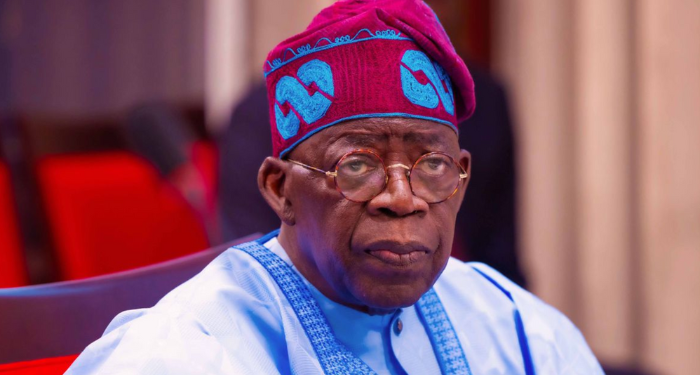Over the past year, Nigeria’s health sector has faced severe challenges, including rising costs of medicines and the exit of major pharmaceutical firms. Despite the Tinubu administration’s efforts, such as increasing recruitment and promoting local production, the high costs and brain drain crisis continue to strain the healthcare system. The health budget increased from N1.
16 trillion in 2023 to N1.33 trillion in 2024, but it still falls short of the Abuja Declaration’s target, highlighting ongoing funding inadequacies in the sector. Bola Ahmed Tinubu was inaugurated as the President of Nigeria on May 29, 2023, introducing the “Renewed Hope” agenda.

Under this agenda, the Nigerian health sector, led by Professor Ali Muhammad Pate as the Coordinating Minister of Health and Social Welfare, has encountered significant challenges. These include a severe brain drain, escalating costs of medicines, inadequacies in health insurance, the exit of major pharmaceutical firms, and fluctuating health budgets. Related Stories One year in office: President Tinubu scores low on education sector – Stakeholders Defining policies of President Bola Tinubu’s first year in office This feature article explores the major health issues Nigeria has faced over the past year and examines the government’s efforts to address these challenges.
Since the Renewed Hope administration, Nigeria’s health sector has faced an intensifying crisis of brain drain, with a significant exodus of medic.
















